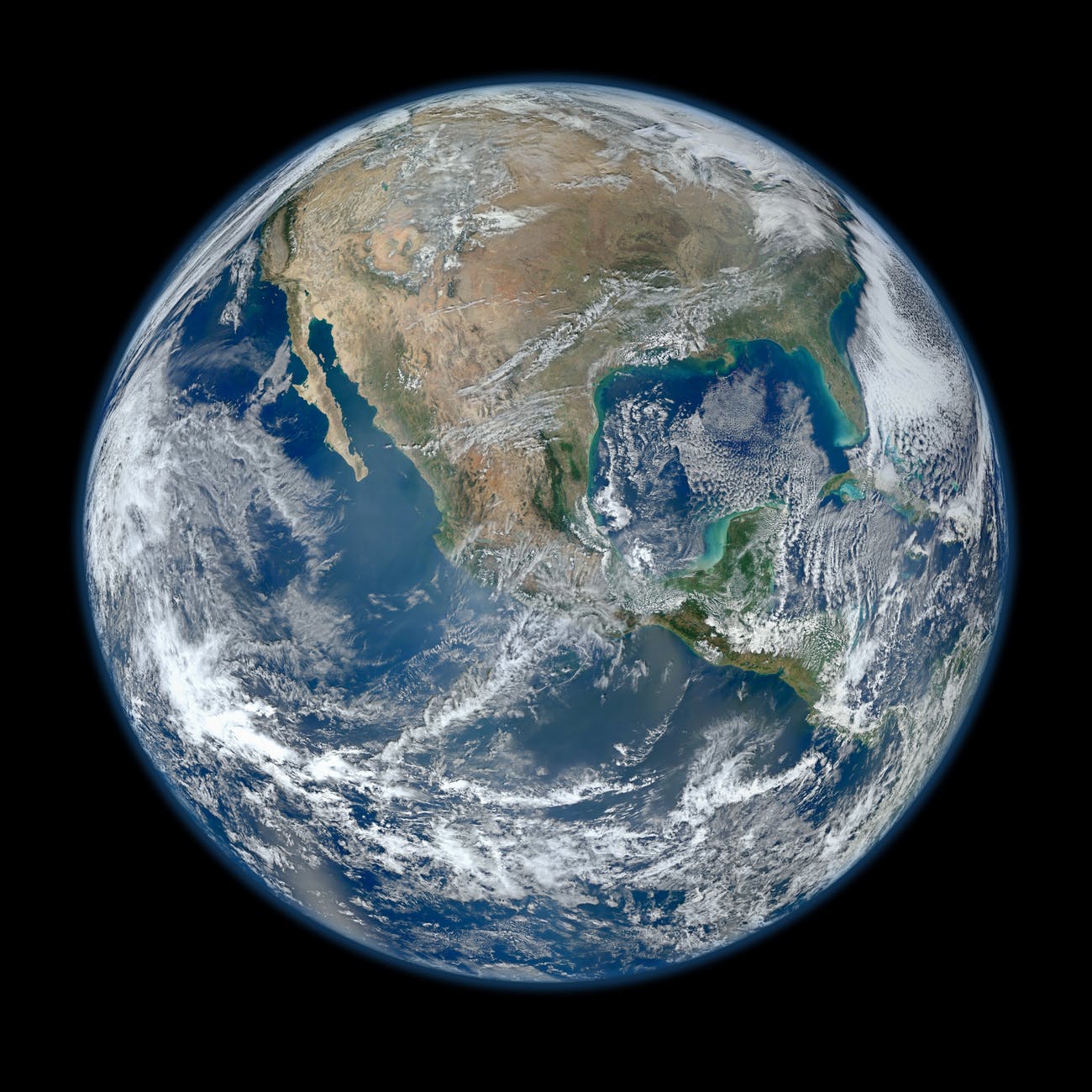Subrena E. Smith is associate professor of philosophy at the University of New Hampshire. A philosopher of science, and more specifically, a philosopher of biology, she is particularly interested in the misappropriation of biological ideas both among scientists and in popular culture. Smith has published work on the epistemic deficits of evolutionary psychology, why evolutionary biology should not inform policymaking, and the nature of scientific objectivity, among other topics.

What is the role of the scientist in society?
I think a great deal about science, the processes, the practitioners, its intended products, and its consequences. Though, I am not a scientist by training. I am a philosopher of science. My vantage-point is that of the philosopher who takes science as her subject. One aspect of science as a subject that I attend to is how the public sees and consumes it. The question that you asked is an empirical one, but it is also philosophical. Broadly, the scientist occupies two very general roles. She’s a kind of world-maker: she investigates the world, tells us what there is, and by doing so she gives us the concepts with which to make it intelligible. We look to her for answers about, for example, which region of the brain produces speech, why the SARS-CoV 2 protein is spikey, and whether and what kind of differences there are between human beings of different genders, among others. Her role in this sense, is to find and categorize the contents of the world.
Her other role is to be the disinterested purveyor of scientific knowledge. As a scientist, it is not a part of her role to take positions about the matters of society. She is to be a silent partner about what kind of society we have, even when we are using the practical and theoretical knowledge that she gives us. The public’s position is that the separation of scientist as scientist from scientist as citizen advisor/policymaker is necessary, because they believe it prevents science from becoming tarnished by partiality. These are two discernable empirical roles of the scientist, and they are philosophically significant.
What should the role of the scientist be, if different from their current one?
Scientists ought to have a participatory role in society. They are members of society, in the first place, as well as people who create knowledge of and about our world. Scientists ought not to be regarded as people who are infallible, disinterested givers of facts. Being a scientist is a matter of education and training. Scientists do not have special gifts because they are scientists. Having a sober and reasonable attitude toward scientists is to be encouraged. Citizens ought to ask questions, seek clarification, and call into question scientific claims, when appropriate. That is far from unreasonable worship or inappropriate disregard. We ought to want scientists to occupy their roles as members of society fully invested in what happens to us all. We should create the conditions so that it is a matter of course that they are involved not only when something terrible happens, but also when the routine business of policy is being constructed.
It is vital that they are not disinterested. It is consistent with scientific work being robust, honest, methodologically sound, and aims to demonstrate some general claim, that a scientist is interested in how that work might be used. A good scientist ought not to dispense with the duty to consider the consequences of her work. Her role ought not to be merely that of someone who catalogs the world. The work of science can allow us to conceive novel things or old things anew. It carries a powerful responsibility, and it ought to be treated as such. Scientists have perspectives and interests. They want to find out what is true of the world. They want to understand how and why things are as they understand them to be. If I had the task of framing the role of scientist for our society, my first duty would be to equip my fellow society members to come to see the scientist as one among us with many intersecting responsibilities, and certainly not as a disinterested observer.
Why is it important?
It is important to come to see scientists in this way, because it is a good value to have. We should want them to occupy a role that places them among us, rather than removed from and above us. Understanding that science involves the ongoing finding, refining, and often abandoning of ideas, may shift the view of the scientist as finding eternal settled truths or as fatally flawed when they get things wrong.
COVER IMAGE CREDIT: Emily Morter.






Leave a Reply